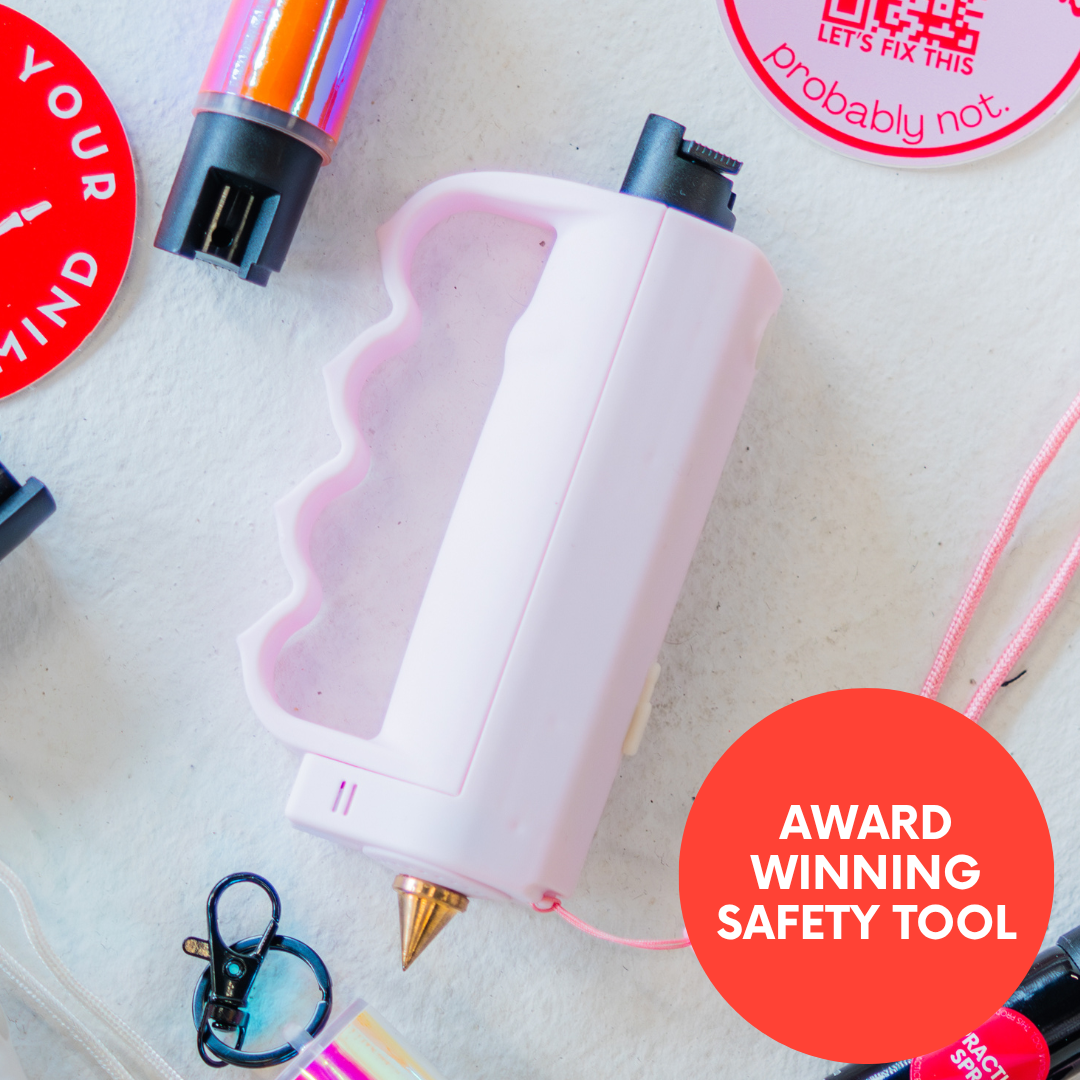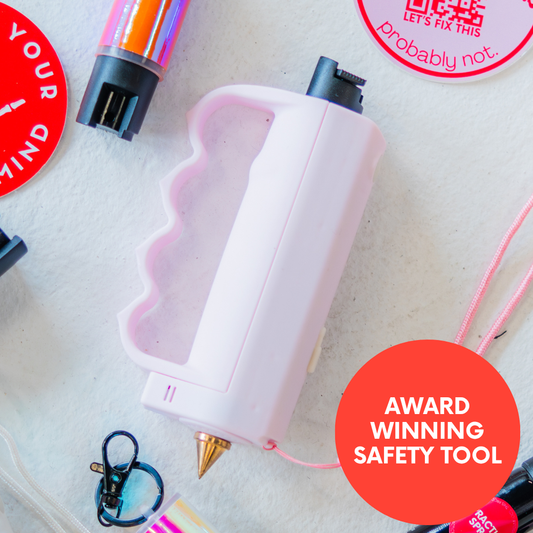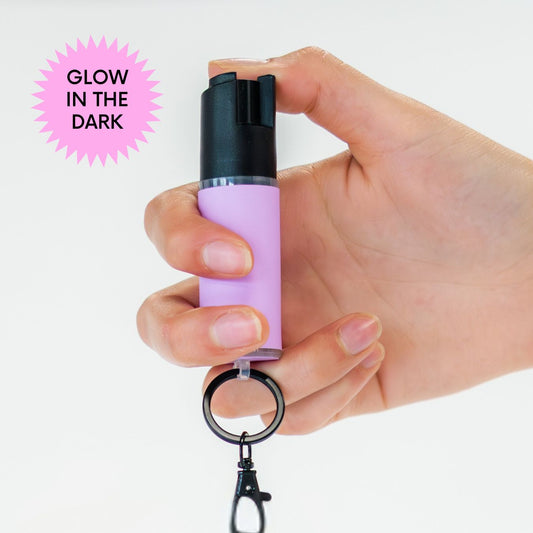Starting college is a whirlwind of new experiences, places, and faces.
With so much going on, it’s easy to focus on all the fun stuff and forget about something super important: knowing where the key safety locations are on your campus.
Having this info locked in can be a game-changer if you ever need help or just want some extra peace of mind.
Let’s break down the important safety spots you should know about when you start college!
1. Campus Security Office
This is the big one!
The campus security or public safety office is your main point of contact for all things safety-related. They handle everything from emergency situations to lost-and-found items.
Most security offices are open 24/7, so knowing where it is (and saving the phone number) is a must.
Why it’s important: If you ever feel unsafe or need assistance, this is the first place to reach out to. They can send officers to your location, provide escorts if you’re walking late at night, and offer immediate support.
2. Emergency Blue Light Phones
You’ve probably seen these tall poles with bright blue lights scattered around campus. They’re not just there for decoration—they’re a direct line to campus security.
If you’re ever in trouble, you can press the button on one of these phones, and help will be on the way.
Why it’s important: These phones are spread out across campus, often in key areas like parking lots, walking paths, and dorm entrances. If your phone is dead or you can’t make a call, these phones have your back.
3. Health and Wellness Center
The health and wellness center is your go-to for both physical and mental health services.
They can help with everything from treating a cold to providing counseling and support during tough times.
Knowing where this center is can save you time and stress if you ever need care.
Why it’s important: Health and wellness centers often have walk-in hours and offer resources like crisis counseling, first aid, and workshops on staying healthy. Whether you’re feeling sick, anxious, or just need someone to talk to, this is the place to go.
4. Residence Hall Security Desk
If you’re living in a dorm, your residence hall’s front desk is more than just a place to pick up packages.
Most dorms have a security desk that’s staffed 24/7, and they keep an eye on who’s coming in and out.
Why it’s important: If you lose your key, need help getting back in, or notice something suspicious, the security desk is your first stop. They’re also there to enforce guest policies and help keep everyone safe.
5. Counseling and Psychological Services (CAPS)
College life can be stressful, and it’s completely normal to need some extra support.
Your campus’s counseling and psychological services are there to help with anything from managing anxiety to coping with big life changes.
Why it’s important: Whether you’re dealing with academic pressure, homesickness, or something more serious, CAPS provides free or low-cost therapy sessions and mental health resources. Knowing how to access these services can be a lifesaver.
6. Safe Ride or Campus Shuttle Stops
Getting around campus safely at night is super important.
Many colleges offer safe ride programs, late-night shuttles, and other programs that can take you from point A to point B if you’re studying late or going out with friends.
Why it’s important: These services are often free and run during late hours when it’s not as safe to walk alone. Check where the shuttle stops are and keep the number for safe ride services saved in your phone.
7. Title IX Office
The Title IX office is responsible for handling issues related to sexual harassment, discrimination, and assault.
They offer resources, support, and guidance if you ever need to report an incident or just want to talk to someone about your options.
Why it’s important: Knowing where this office is and what they do can empower you and others to take action if needed. They also offer workshops and training on how to prevent and respond to these issues, which can be really informative.
8. Campus Police or Local Police Station
Some campuses have their own dedicated police force, while others rely on local law enforcement.
Either way, it’s good to know where the nearest police station is, just in case you ever need it.
Why it’s important: While campus security handles most issues, campus or local police can step in during more serious emergencies. They’re trained to deal with a wide range of situations, from traffic accidents to criminal investigations.
9. Fire Exits and Assembly Points
This might seem basic, but it’s crucial.
Every building on campus should have clearly marked fire exits and designated assembly points where people gather in case of an emergency.
Why it’s important: In a real emergency, seconds matter. Taking a few minutes to learn where the exits are and where you should go in case of a fire, earthquake, or other emergencies can make all the difference.
10. Your Own Safe Spaces
Lastly, identify the places on campus where you feel safest—like a well-lit coffee shop, a favorite study spot, or a busy common area.
These personal safe spaces can be great to retreat to if you ever feel uncomfortable or need a break.
Why it’s important: Trust your instincts. If you’re ever unsure about a situation or just need to regroup, having a go-to safe space can help you stay calm and feel secure.
Final Thoughts
College is all about new experiences, but part of feeling free to enjoy them is knowing that you’re safe and prepared.
Taking the time to learn where these safety locations are on your campus will give you peace of mind and help you feel confident navigating your new environment.
Stay safe, stay smart, and don’t forget—you’ve got this!






